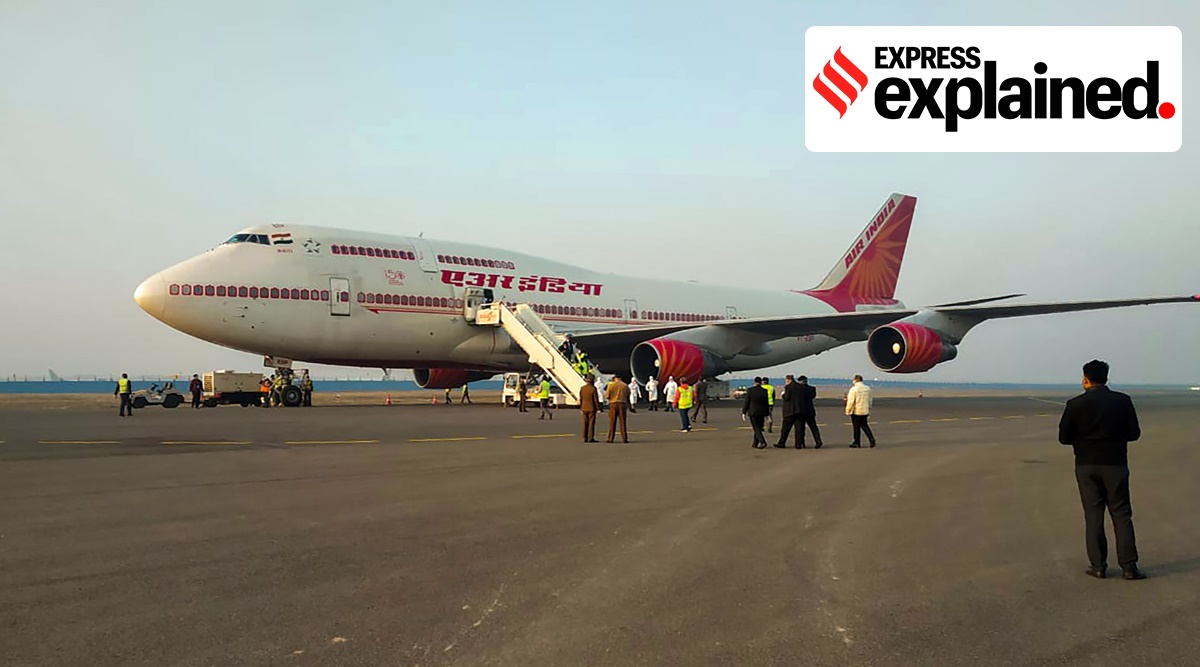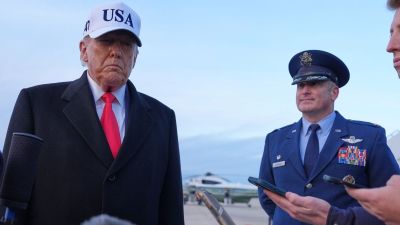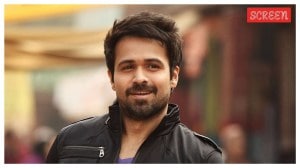Explained: The DGCA’s crackdown on drug use by aviation workers
In case the report of a drug test is "non-negative", the employee will be immediately removed from duty till a confirmatory report is received.
 Last year, just before the Covid-19 pandemic hit India, the DGCA had issued draft rules where it proposed to set up diagnostic infrastructure to conduct the tests. (PTI/Representational)
Last year, just before the Covid-19 pandemic hit India, the DGCA had issued draft rules where it proposed to set up diagnostic infrastructure to conduct the tests. (PTI/Representational)Starting January 31, flight crew members and air traffic controllers in India will be tested for psychoactive substances such as cannabis and cocaine, as per new rules notified by the Directorate General of Civil Aviation (DGCA).
Why has the DGCA brought in the new rules?
In its order, the aviation safety regulator noted that the worldwide spread of use of psychoactive substances, their general availability, and the increasing number of addicted users was a “serious concern to aviation safety”.
Last year, just before the Covid-19 pandemic hit India, the DGCA had issued draft rules where it proposed to set up diagnostic infrastructure to conduct the tests.
However, the regulator came out with another set of draft rules a few weeks ago, in which it left the responsibility of conducting the tests to the airlines and the air traffic services provider on the lines of breath alcohol testing.
In India, the Airports Authority of India (AAI) is responsible for air traffic services.
What are the rules?
Scheduled commercial airlines and air navigation service providers will have to carry out random drug-testing of at least 10% of the flight crew members and air traffic controllers employed by them every year, according to the rules.
Commercial aircraft operators, maintenance and repair organisations, flying training organisations, and air navigation service providers will have to carry out drug tests before employing any person or admitting a trainee pilot.
These organisations will also have to test, at the first available opportunity, all those aviation personnel who have refused a drug test to a foreign regulator during flight operations to that country.
Aviation workers will be tested for psychoactive substances such as amphetamine, cannabis, cocaine, opiates, barbiturates, and benzodiazepine.
Any positive test will have to be reported to the DGCA within 24 hours.
What happens if a person is found positive in a drug test?
According to the rules: “Such employees shall be subjected to rehabilitation process by the organisation before return to active duty. Number of such cases shall be reported to DGCA on a six-month basis.”
In case the report of a drug test is “non-negative”, the employee will be immediately removed from duty till a confirmatory report is received.
If the confirmatory test — which is being done for the first time — is also positive, then the employee will be referred to a de-addiction centre by the organisation for a de-addiction-and-rehabilitation programme.
“Such an employee shall return to active duties after again having undergone the tests for the consumption of the psychoactive substance with a negative test report. In addition, a fitness certificate by the medical in-charge of the concerned organisation shall be required,” the rules say.
What about repeat offenders?
If a worker is found positive in a drug test for the second time during work, their licence will be suspended for three years.
If someone tests positive for a third time, their licence will be cancelled.
Newsletter | Click to get the day’s best explainers in your inbox
- 01
- 02
- 03
- 04
- 05







































